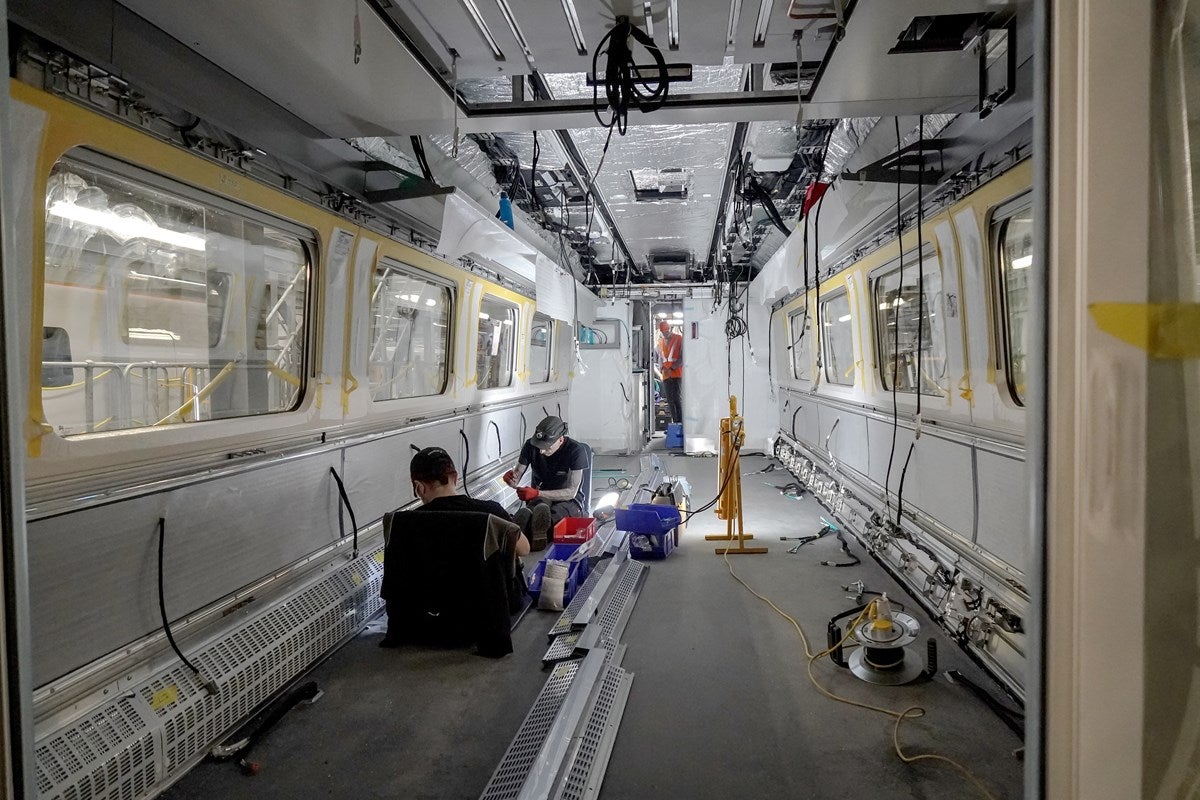
Hitachi Rail has commenced static testing of Avanti West Coast’s new fleet of trains at its facility in Newton Aycliffe, UK.
The move marks a key milestone of the £350m project that involves delivering 23 intercity trains to Avanti West Coast. The fleet will include ten seven-carriage electric (Class 807) trains and 13 five-carriage bi-mode (Class 805) trains.
According to an Avanti West Coast statement, the testing programme started by coupling the carriages from a Class 805 bi-mode train. Overall, the basic functionalities of a train including engines, brakes, doors and toilets will be tested.
The dynamic testing of the vehicles is expected to begin later this year.
Avanti West Coast managing director Phil Whittingham said: “It’s great to see the new trains taking shape. The investment is a key part of our exciting plans to raise the bar for the UK rail industry and our wider commitment to improving the customer experience and a more sustainable operation.
“The new Hitachi trains offer more space and a quieter journey compared to the diesel-only Voyager trains they replace. This will lead to a 61% reduction in carbon emissions. Customers will also enjoy better and more reliable free Wi-Fi, at-seat wireless charging for electronic devices, plug sockets and USB slots; a brand-new catering offer and a real-time passenger information system that can advise customers of connecting rail services.”
The new trains are expected to enter service next year.
The electric vehicles will run between London, the West Midlands and Liverpool, while the bi-mode units will operate on the London-North Wales route.


